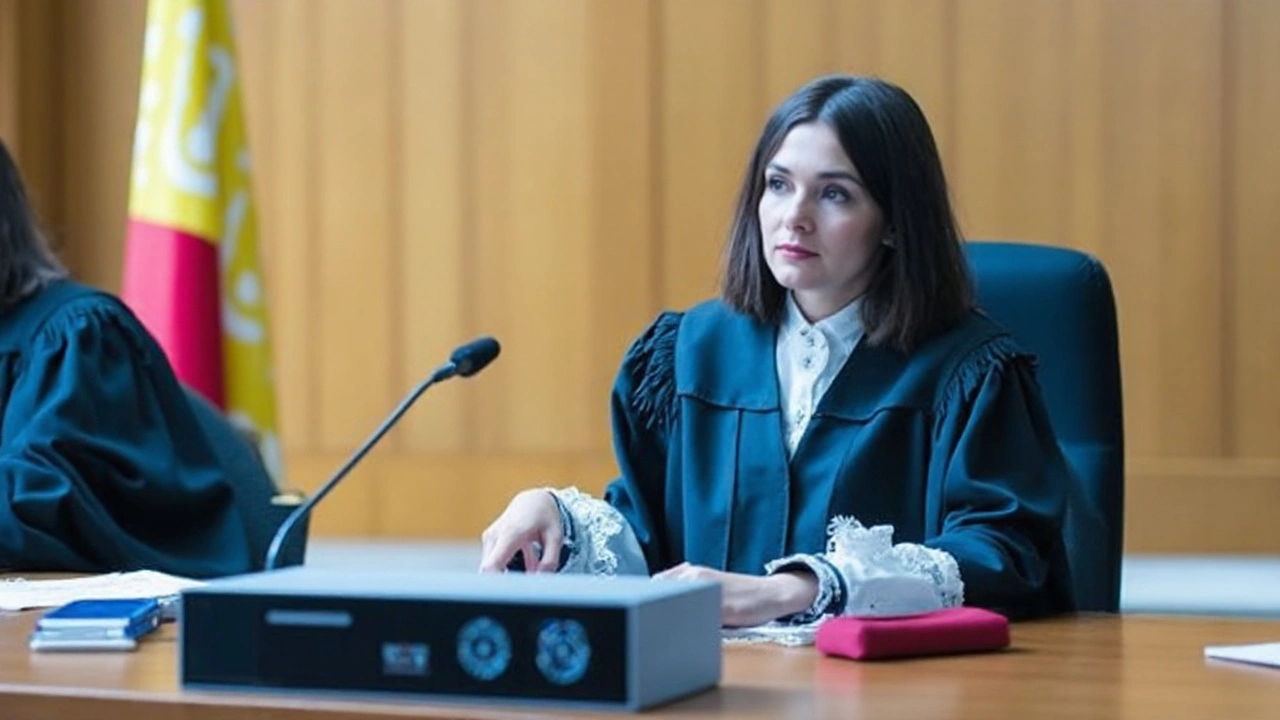Artificial Justice: How AI is Changing the Legal Game
Artificial Justice is the buzz phrase for any AI tool that helps courts, lawyers or police make decisions. It sounds high‑tech, but at its core it’s just software that reads data and gives a recommendation. In this page we’ll break down what’s happening right now, why it matters to you, and what to watch out for.
AI in Courtrooms Today
Many courts are already testing AI for things like bail decisions, sentencing guidelines and even predicting which cases will settle. The software looks at past rulings, crime stats and personal details, then spits out a score. Judges can use that score to speed up paperwork or to double‑check their own judgment.
One big example is the risk‑assessment tool used in several U.S. states. It flags defendants who might re‑offend, helping prosecutors decide on pre‑trial release. Critics say the tool can inherit bias from the data it learns from, but supporters point to faster hearings and less paperwork.
In the UK, a pilot program lets lawyers run AI checks on contracts before they go to court. The program flags clauses that have caused disputes before, saving hours of review time. Lawyers say it’s a handy second pair of eyes, not a replacement for their expertise.
Future Challenges and Opportunities
Even though AI can speed things up, there are real worries. If the data is biased, the output will be biased too. That could mean unfair bail decisions or sentencing gaps for certain groups. Transparency is another issue – many AI vendors won’t reveal exactly how their algorithms work.
Regulators are catching up. The EU’s AI Act proposes rules for high‑risk systems, including those used in justice. In the U.K., the Law Commission is reviewing how AI should be overseen in courts. These moves aim to protect people while still letting tech help.
For lawyers and judges, the practical tip is simple: treat AI as a tool, not a judge. Run a quick sanity check on any score you get, and always ask how the model arrived at its recommendation. If something feels off, dig deeper.
For the rest of us, knowing that AI may influence a bail decision or a fine means we should stay informed. Follow reputable news sources, watch for public reports on AI use, and ask questions when a new system is introduced in your local court.
Artificial Justice isn’t a far‑off sci‑fi theme – it’s already happening. By understanding the basics, you can keep an eye on how tech reshapes fairness, and you can speak up if you see a problem. Stay curious, stay skeptical, and stay involved.
